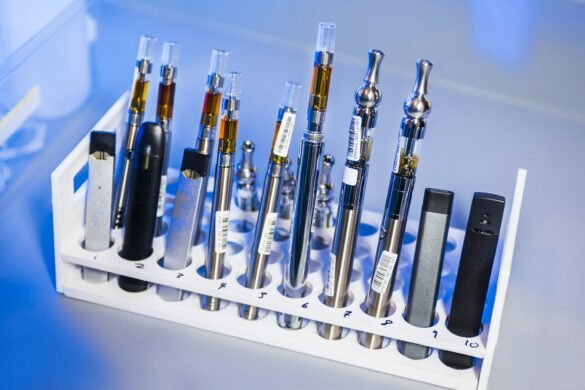Artificial Intelligence (AI) is no longer a futuristic concept—it’s actively reshaping the world of healthcare. Among its most transformative applications are AI-powered diagnostic tools, which are enhancing accuracy, improving speed, and expanding access to critical diagnostic services. From radiology to pathology, AI is becoming an indispensable ally to clinicians around the world.
Faster, More Accurate Diagnoses
Traditional diagnostic processes often involve labor-intensive tasks, especially in radiology, where specialists must examine hundreds of scans daily. AI-powered tools, such as deep learning algorithms, can now analyze CT scans, MRIs, and X-rays with remarkable precision. These tools are trained on vast datasets and can detect abnormalities like tumors, fractures, or lung infections faster and, in some cases, more accurately than human radiologists.
For instance, Google Health’s AI model demonstrated performance comparable to top radiologists in detecting breast cancer in mammograms. Similarly, algorithms developed for COVID-19 detection from chest X-rays helped streamline triage during the pandemic when medical systems were stretched thin.
Assisting, Not Replacing, Clinicians
A key strength of AI diagnostic tools lies in their ability to support—not replace—clinicians. By acting as a second pair of eyes, AI systems reduce human error and provide early warnings for conditions that might otherwise be missed. In pathology, AI systems can scan biopsy samples for cancerous cells with high sensitivity, helping doctors reach faster and more reliable conclusions.
AI also helps general practitioners who may not have easy access to specialists. With AI-powered apps, they can get instant feedback on skin lesions, eye scans, or heart rhythms—crucial in rural or underserved regions.
Personalized and Predictive Healthcare
AI diagnostics go beyond identifying current issues—they’re also helping predict future risks. AI algorithms can sift through electronic health records and genetic data to flag individuals at high risk of conditions like diabetes, cardiovascular disease, or Alzheimer’s, enabling early intervention and personalized treatment strategies.
This predictive power is particularly beneficial for managing chronic diseases, where early detection and continuous monitoring significantly improve outcomes.
Challenges and Ethical Considerations
Despite their promise, AI diagnostic tools are not without challenges. Data privacy, algorithmic bias, and the lack of standardization are ongoing concerns. Since AI systems are only as good as the data they’re trained on, disparities in data can lead to inaccurate diagnoses, particularly in underrepresented populations.
Additionally, there’s a need for clear regulatory frameworks. Governments and medical boards must ensure these tools are validated, safe, and ethically implemented. The UAE, for example, is emerging as a regional leader in digital health policy, investing heavily in AI-driven innovations while emphasizing data protection and quality assurance.
The Future is Now
AI-powered diagnostics are already making a difference in clinical settings. As the technology matures, we can expect even greater integration into routine care—streamlining hospital workflows, enhancing diagnostic confidence, and ultimately, improving patient outcomes. The future of diagnostics isn’t just high-tech; it’s intelligent, inclusive, and powered by AI.
